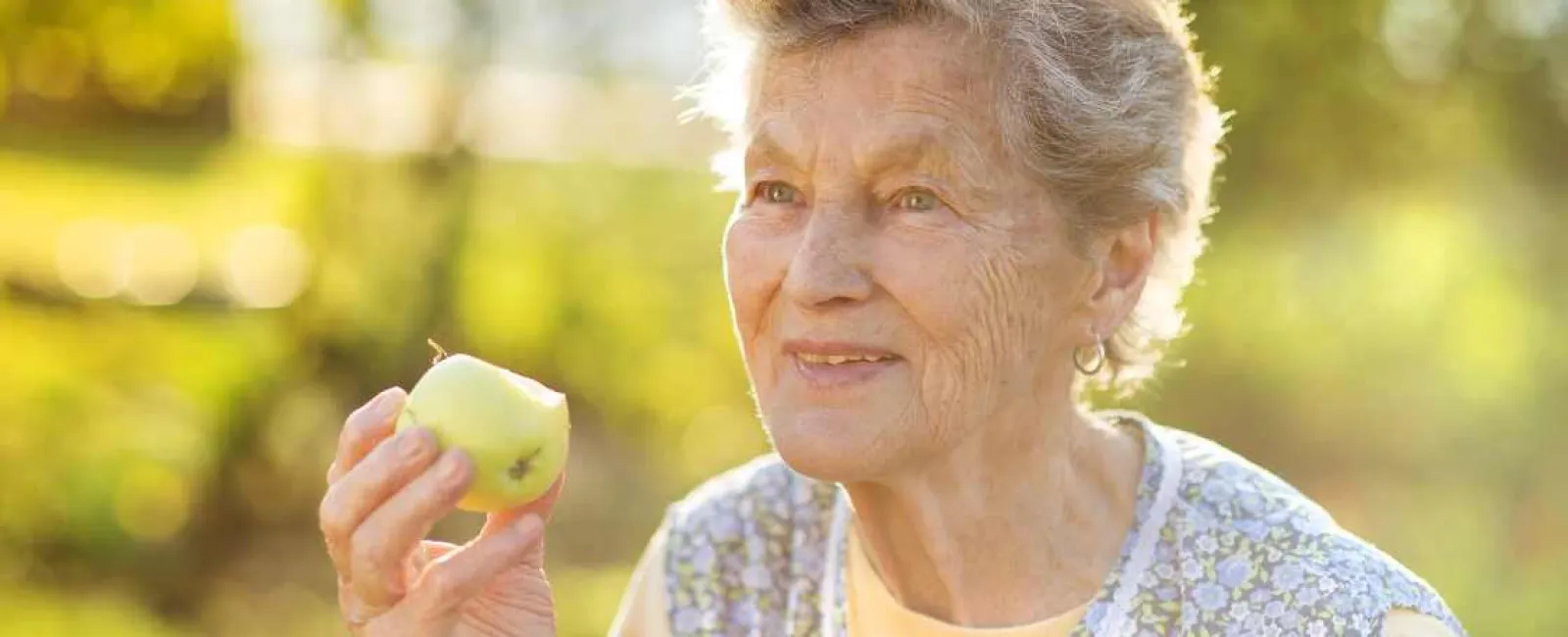It is common for older adults to experience a loss of appetite, which can lead to weight loss, malnutrition, and other health problems. As caregivers, it can be worrisome to see our loved ones not eating as much as they used to. However, there are several factors that may lead to this issue, and understanding them can help us provide appropriate care. At 4 Seasons Home Care, we provide home care for seniors everyday and we understand the common causes and symptoms of loss of appetite in older adults. Here’s some tips to help them maintain their health and wellbeing.
Medical Issues That Affect Appetite:
Chronic medical conditions such as cancer, diabetes, heart disease, and dementia are common causes of loss of appetite in older adults. Diseases can affect metabolism, digestion, and nutrient absorption, leading to reduced hunger and weight loss. Cancer treatment, for example, can cause nausea, vomiting, and mouth sores that can make eating difficult. Some medications such as antidepressants, antibiotics, and pain relievers can also interfere with appetite. Consulting a doctor to assess the underlying cause and adjust medication, as necessary, can help improve appetite and overall health.
Psychological Factors That Affect Appetite:
Depression and anxiety are common psychological factors that can affect appetite. Elderly adults who live alone and those who experience a significant life change such as the loss of a loved one may feel lonely which leads to depression thus affecting their appetite. Living alone can have a significant impact on appetite, as cooking and eating alone can be demotivating. Providing elderly loved ones with social opportunities like a meal at a restaurant, or coordinated meal times with family could help alleviate these problems.
Age-Related Changes and Appetite:
As we age, our bodies undergo various changes, including the decline of taste and smell senses. This may make food less appealing, meaning elderly adults may eat less due to a lack of interest or dullness of the food. Also, the reduced level of physical activity means that older adults require lesser calorie intake to function. Hence, the older we get, the fewer calorie intake our body requires. Nevertheless, elderly adults still need sufficient nutrients to maintain their health.
Tips To Improve Appetite:
We can employ several tactics to help our elderly loved ones to maintain their appetite and overall health. Serve nutrient-dense foods with appealing flavors to increase palatability. Soft and easy to swallow foods can also be included in the diet plan for older adults who struggle with swallowing. A healthy meal schedule such as consistent meals and snacks at frequent intervals throughout the day can also improve eating habits. Adding physical activities to their routine could also improve appetite, reduce weight, and boost overall wellness. Lastly, speaking with a professional caregiver to supervise meal time and assist with meal preparation can help ensure a more regular diet intake.
Conclusion:
Loss of appetite is a common problem for older adults, but we can help our elderly loved ones by understanding the common causes and use proven tips to maintain their health and wellbeing. While working with healthcare professionals, providing our loved ones with social opportunities, appealing meals, and a structured meal plan can make a difference in improving their appetite. With compassionate care, we can help elderly adults stay healthy and maintain their enjoyment of life. 4 Seasons Home Care is here to help! To schedule a consultation with us, please click here.
